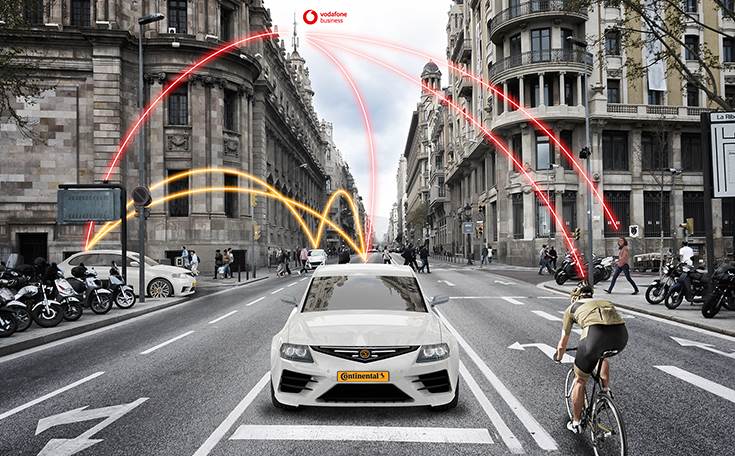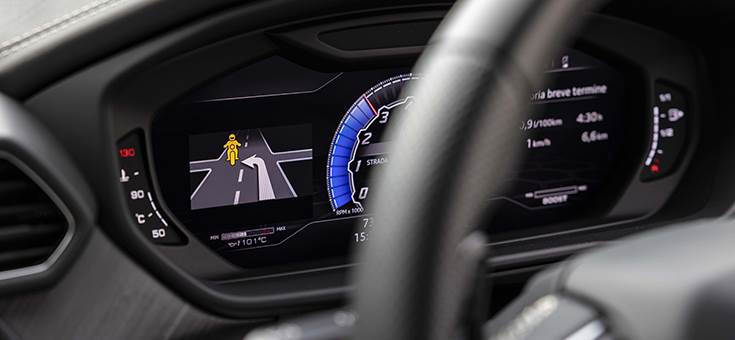What if cars could talk to each other? Well, according to Reuters, an Indian government panel has recommended that vehicles with systems that can communicate with other vehicles, transport infrastructure and pedestrians, should be granted a higher safety rating under the new Bharat NCAP (New Car Assessment Programme) ratings. The panel has asked for the Vehicle-to-Everything (V2X) systems to be considered towards the ratings in the BNCAP tests.
THE PROPOSAL
The panel proposed that in order to make cars safer, the need for communication arises. They say, “Most traffic issues occur because of non-line-of-sight scenarios, which include scenarios such as pedestrians in blind spots and cars further up the road braking under emergency conditions, to name a few. The panel feels that the Vehicle-to-Everything (V2X) function can aid the current assistance systems to reduce accidents on the road and said, “Most sensors do not work well in these scenarios and V2X fills the gap.”
According to Reuters, the report will now be reviewed by the Road and the Communication Ministry, who will then take a call on the future of the V2X feature.
 Digital safety shield increases road safety.
Digital safety shield increases road safety.
WHAT IS V2X?
Vehicle-to-everything or V2X, is a network of automotive communication that consists of systems that allow vehicles to share information with other vehicles (V2V), infrastructure (V2I) and pedestrians (V2P). In this ecosystem, real-time information is exchanged so that traffic can be optimised, and more importantly, safety can be increased on the roads. The information is collected from multiple sensors present on the vehicle, and once transmitted, it’s displayed on a screen for the driver to see the various alerts ahead.
An example of this is what Ford has done in Germany. Using V2X they have created a system that gives priority to emergency services (ambulances, firefighters and police) by changing traffic lights, thereby easing congestion along the route.
By 2027, V2X could be mandatory for a car to score a 5-star rating in Euro NCAP, and the technology is already being used in the Chinese market.

BHARAT NCAP
The new Bharat NCAP norms came into effect on October 1, 2023, and have been formulated based on the latest GNCAP protocols. While there is a difference in the rating system between the two, the other criteria remain the same.
With the onset of the BNCAP, Indian automakers are slowly increasing the safety features offered on vehicles. For instance, Hyundai Motor India recently said that it will offer ADAS and connectivity technology on all models by 2025.
ALSO READ:
Bharat NCAP and Global NCAP: what’s similar and what’s different
Lamborghini and Ducati unveil bike-to-car communication tech to prevent road crashes
